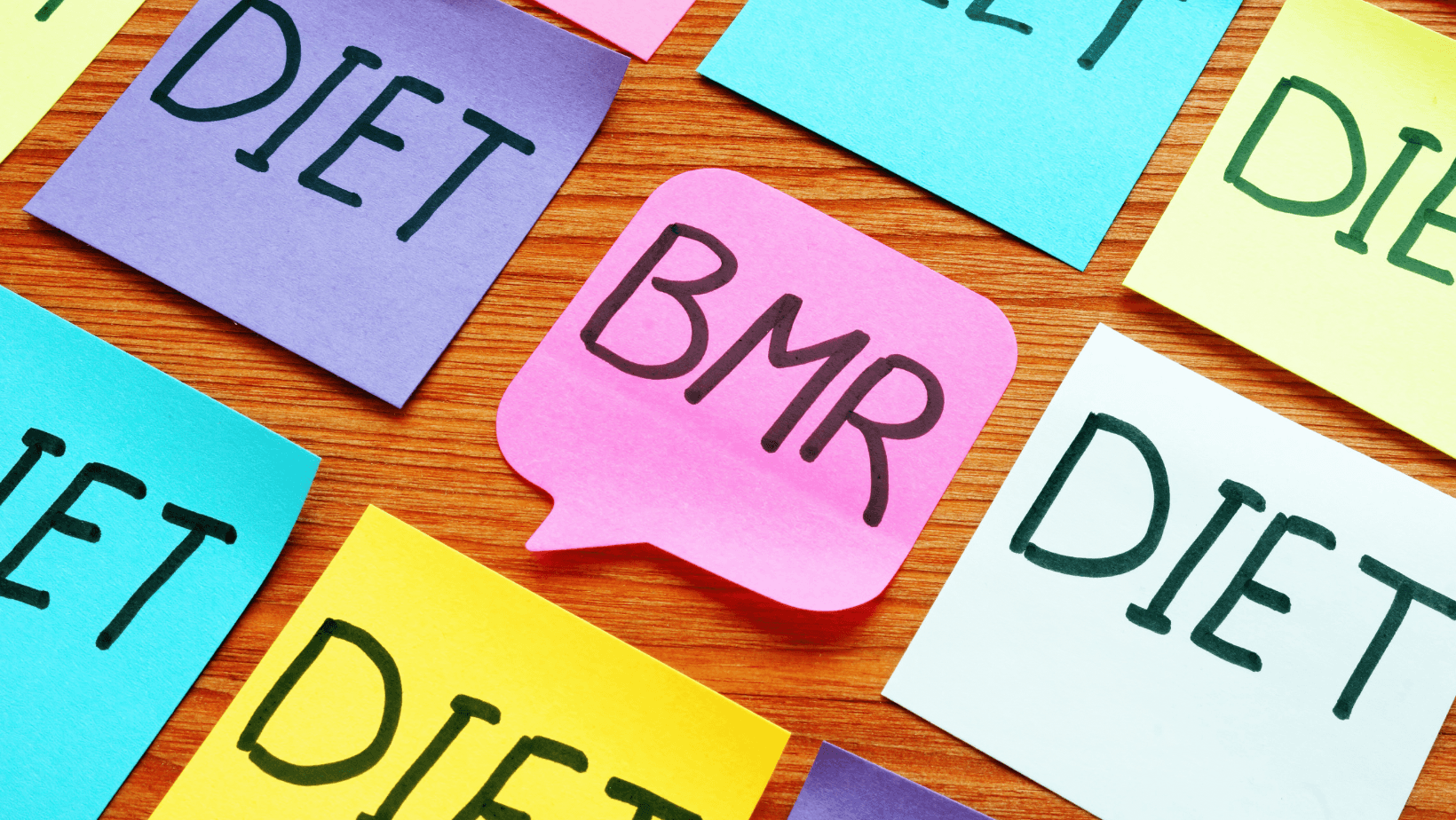
Stuck on a fat loss plateau?
- /
- Blog
- /
- Stuck on a fat loss plateau?
Published on 8th of September, 2023
Finding you train and “diet” but just don’t get the results you want? Eat more – Lose more…..
You may be surprised that one of the most common reason for a fat loss plateau is undereating. Yes, starving your body may be causing your metabolism to slow and your body to actually hold on to fat stores.
Eating more to increase your metabolism and promote fat loss may seem counterintuitive, but there is truth to this concept when approached strategically. Yes, I know this will screw with your head, but stay with me.
It’s important to clarify that “eating more” doesn’t mean indulging in unhealthy or excessive amounts of food. It involves making thoughtful dietary choices and considering factors that influence our metabolism and fat loss. Calories in – calories out and providing our bodies correct energy requirements.
We need to nourish our bodies for fat loss. We need to eat enough to not only sustain life and organ function but to supply enough fuel for our everyday activities. When we under eat we DO NOT do this. We starve our bodies of nourishment. We slow our BMR ( Basal Metabolic Rate).
What’s your Basal Metabolic Rate (BMR)?
BMR is the amount of energy your body needs to perform basic functions like breathing, digestion, and cell maintenance. When you decrease your calorie intake, such as during dieting, your body may reduce its BMR to conserve energy. This means you burn fewer calories at rest, making it more challenging to lose weight.
If you’re looking for fat loss, then this “dieting” strategy may work to start. You may see some initial results but this will not last. Your body will adapt. It will even start to hold on to fat as part of its natural survival mechanism.
While our body’s fat storage mechanisms were designed for survival, in modern times of abundant food and sedentary lifestyles, excessive fat accumulation can lead to health problems like obesity and related conditions.
What else comes into play for your fat loss plateau?
- Thermic Effect of Food (TEF): TEF is the energy expenditure associated with digesting and processing the food you eat. If you eat less, your TEF may decrease because there’s less food to digest. Conversely, eating more can increase TEF.
- Physical Activity Adjustments: When you reduce calorie intake or increase physical activity, your body may respond by becoming more efficient in using energy during exercise. This can lead to a plateau in weight loss or reduced weight loss over time.
- Hormonal Changes: Hormones play a crucial role in regulating metabolism. Prolonged calorie restriction can lead to hormonal changes, such as decreased levels of leptin (a hormone that regulates appetite) and increased levels of ghrelin (a hunger hormone), which can increase hunger and make it harder to maintain a reduced calorie intake.
- Muscle Loss: Severe calorie restriction can lead to muscle loss, which can further decrease BMR. Since muscle tissue burns more calories at rest than fat tissue, losing muscle mass can slow down metabolism.
- Adaptation to Long-Term Dieting: Over time, the body may adapt to long-term calorie restriction, making it increasingly challenging to continue losing weight at the same rate as when you started the diet.
To mitigate the negative effects of metabolic adaptation for fat loss, you need to adopt a balanced and sustainable approach to diet and exercise.
Gradual changes, a focus on maintaining muscle mass, and periodic adjustments to your calorie intake and physical activity levels can help support a healthy metabolism.
5 ways you can find out your BMR?
1. Calculators and Formulas: You can use mathematical formulas, this method is easy and can be done at home with just your weight, height, age, and gender.
2. Body Composition Scan: a more advanced method, measuring your body’s composition, such as body fat percentage, muscle mass, and lean body mass.
3. Indirect Calorimetry: A highly accurate method that measures the amount of oxygen you consume and the carbon dioxide you produce while at rest, highly advanced and performed in a clinical setting or research facility.
4. Metabolic Testing: Breathing into a specialized machine that measures your oxygen consumption and carbon dioxide production.
5. Smartphone Apps and Wearables: Some smartphone apps and wearable fitness devices claim to estimate BMR based on various inputs like your age, gender, weight, height, and activity level. These can provide a rough estimate, they may not be as accurate as more sophisticated methods.
Whatever the method you choose, individual variations and factors like muscle mass, genetics, and hormones can affect your BMR.
The calculated BMR should serve as a starting point for estimating your daily calorie needs, and you may need to adjust your calorie intake based on your specific goals and activity level.
If you have specific health or fitness goals, it’s a good idea to consult with a professional for personalized guidance.

Simone: Manager, Nutrition Coach
I spent decades in the grip of eating disorders — they shaped how I ate, felt, and saw myself. That began to change in my mid-40s when an autoimmune diagnosis forced me to confront not just my health, but my patterns, beliefs, and buried pain.
With support and honesty, I began to heal. I discovered how deeply connected everything is: food, gut health, hormones, emotions, and self-talk. Real health isn’t about restriction or shame — it’s about awareness, education, growth, and compassion.
Now, I write to share what I’ve learned — not just for women (though that’s who I know best), but for anyone ready to grow, heal, and take back ownership of their life.
